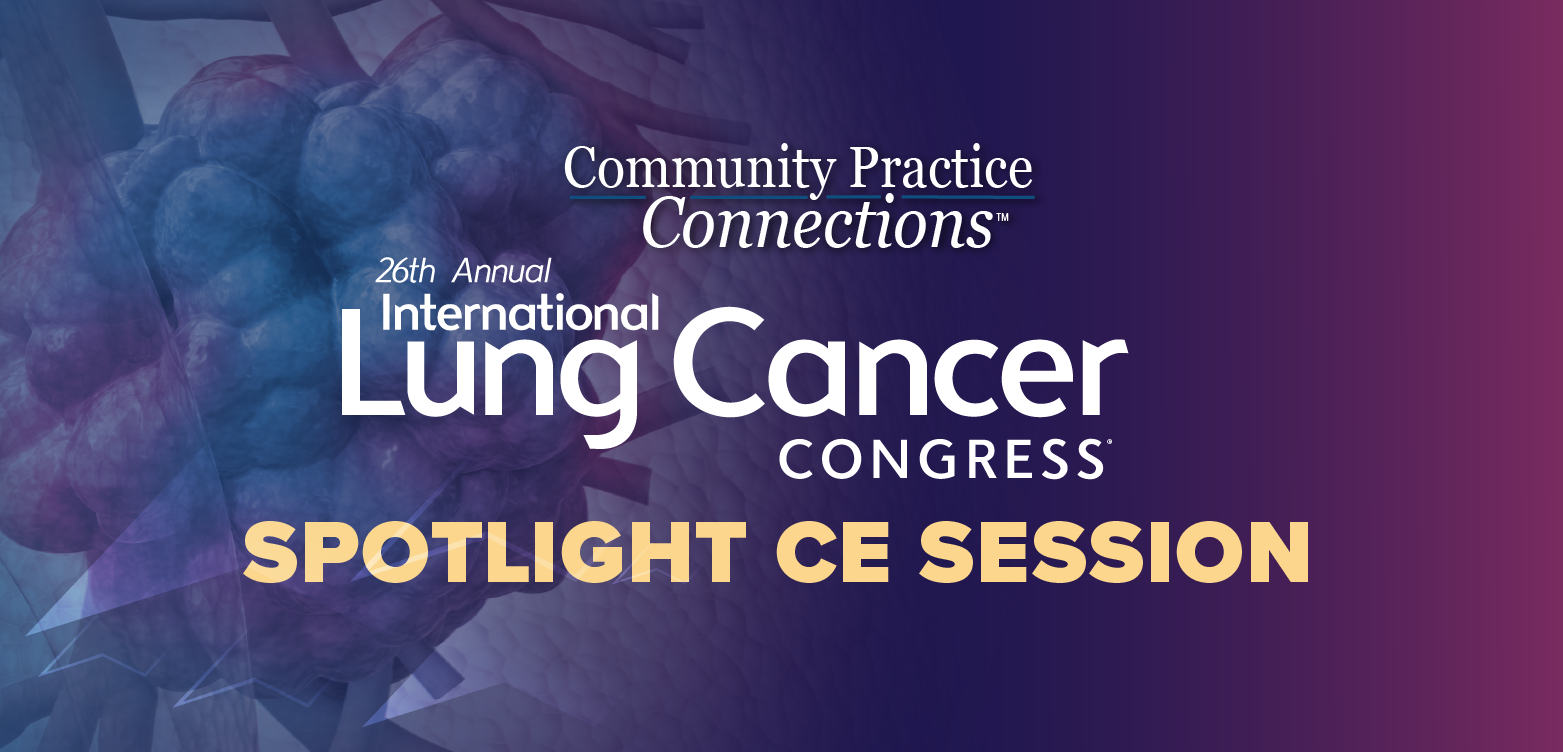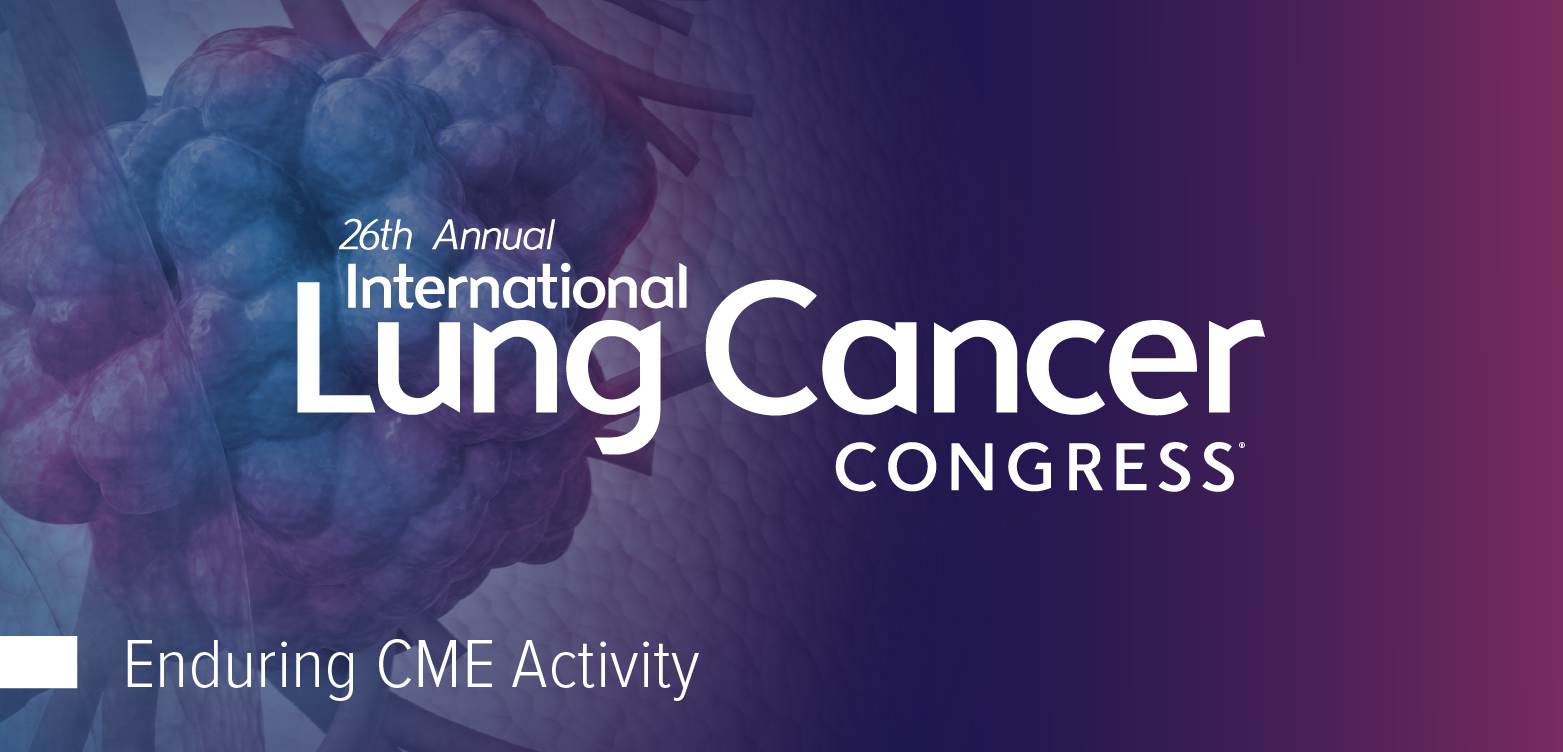
Conte v Wyeth: Name-brand drug maker accountable for alleged harm caused by generic drug
On November 7, 2008, a California Intermediate Appellate Court in San Francisco held that the "common-law duty [of Wyeth] to use due care in formulating its product warnings extends to patients whose doctors foreseeably rely on its product information when prescribing metoclopramide, whether the prescription is written for and/or filled with Reglan or its generic equivalent."
The case
Elizabeth Ann Conte v Wyeth et al
; Nos. A116707, A117353; Filed November 7, 2008.
The holding
On November 7, 2008, a California Intermediate Appellate Court in San Francisco held that the name-brand drug manufacturer Wyeth’s “common-law duty to use due care in formulating its product warnings extends to patients whose doctors foreseeably rely on its product information when prescribing metoclopramide, whether the prescription is written for and/or filled with Reglan [the brand name] or its generic equivalent. The risk of harm to such a patient is foreseeable to Wyeth.” The appellate court reversed the previous judgment in favor of Wyeth.
The facts
Plaintiff Conte “developed tardive dyskinesia, a debilitating and incurable neurological disorder . . . [allegedly] as a result of taking [generic] metoclopramide for almost four years . . . ”
Conte “claims that defendants [Wyeth and generic manufacturers Pliva, Purepac, and Teva] knew or should have known of a widespread tendency among physicians to misprescribe Reglan and generic metoclopramide for periods of 12 months or longer, even though the medication is only approved for 12 weeks of use, because the drug’s labeling substantially understates the risks of serious side-effects from extended use.”
The court states, “The crux of Conte’s claims against all of the drug company defendants is that she was injuriously overexposed to metoclopramide due to their dissemination of false, misleading and/or incomplete warnings about the drug’s side effects.”
The plaintiff’s claims against Wyeth “are premised on misrepresentation in Wyeth’s labeling of Reglan and in a monograph on Reglan it provided for the Physician’s Desk Reference (PDR).”
The court states that “it is undisputed that Conte took only the generic version of the medication, not Reglan.”
Conte’s prescribing physician stated in his declaration that “[a]t no time did [he] rely in any way on representations made in the PDR monograph, package insert, labeling materials or other information from Wyeth regarding the medication Reglan in order to formulate [his] course of care and treatment for Ms. Conte.” The prescribing doctor’s deposition testimony is that he “‘probably’ read Wyeth’s monograph on Reglan in the PDR during his residency training . . . ”
The court’s opinion
The court’s duty analysis looked primarily to the foreseeability of physical harm. As “[i]t is . . . highly likely that a prescription for Reglan written in reliance on Wyeth’s product information will be filled with generic metoclopramide . . . it is also eminently foreseeable that a physician might prescribe generic metoclopramide in reliance on Wyeth’s representation about Reglan. In this context we have no difficulty concluding that Wyeth should reasonably perceive that there could be injurious reliance on its product information by a patient taking generic metoclopramide.”
Other jurisdictions
The California court departed from the majority of courts that have considered this issue and rejected the reasoning of Foster v American Home Products Corp. (4th Cir. 1994) 29 F.3d 165, 171, which stated that for the court to impose a duty upon a manufacturer for damages caused by the generic bioequivalent would stretch the concept of foreseeability too far because a manufacturer “cannot reasonably expect that the consumer will rely on information they provide when actually ingesting another company’s drug.” When a manufacturer of a generic drug blindly accepts the name-brand manufacturer’s representation, it does so at its own risk.
Judge Kwong is a judge for the state of California and a pharmacist for Kaiser Permanente, Los Angeles, California. He is a graduate of University of Utah, School of Pharmacy, and University of California at Los Angeles, School of Law. Dr Sun is a pharmacist for Kaiser Permanente, Los Angeles, California, and is a graduate of University of Southern California, School of Pharmacy.
Newsletter
Get the latest industry news, event updates, and more from Managed healthcare Executive.

















































